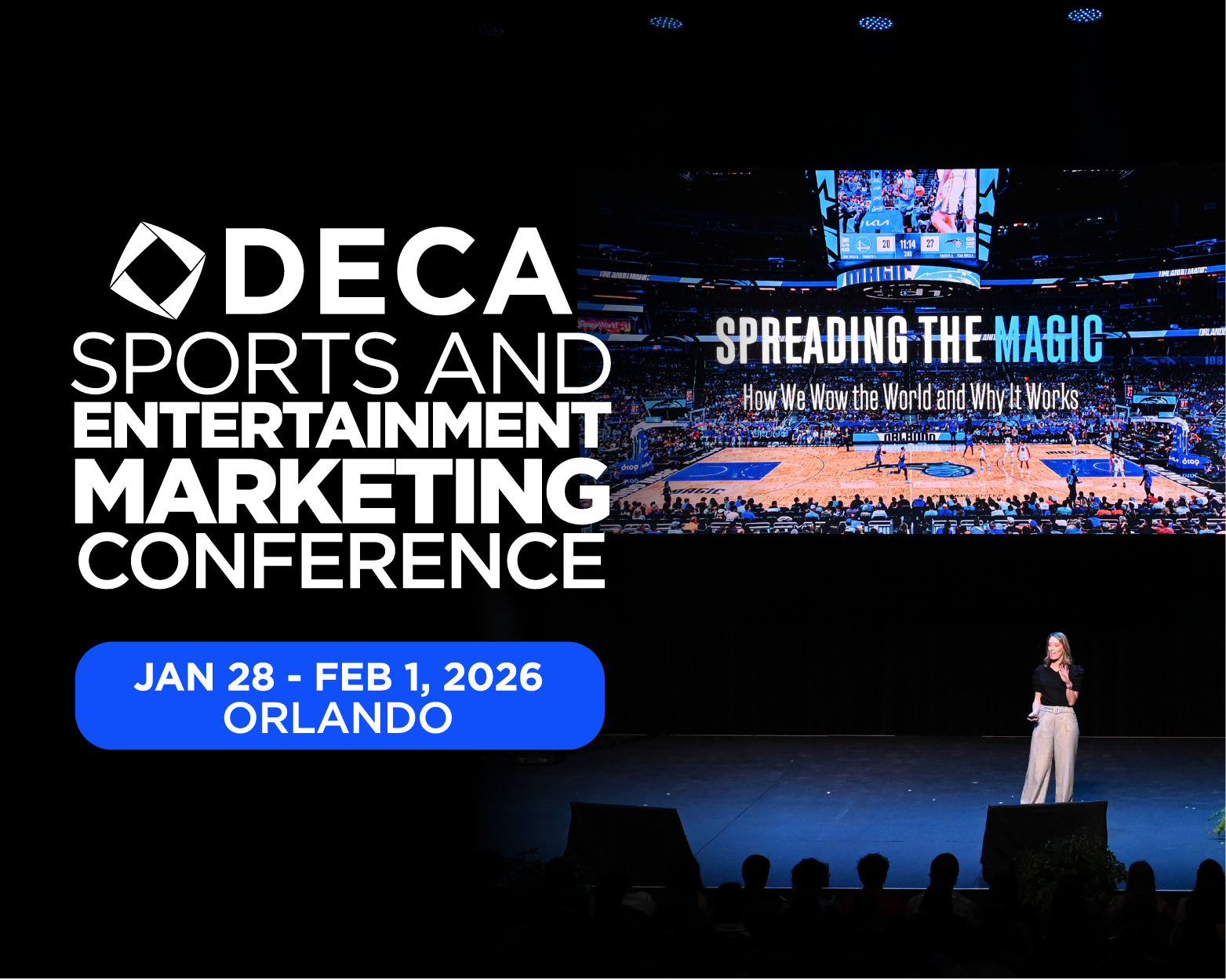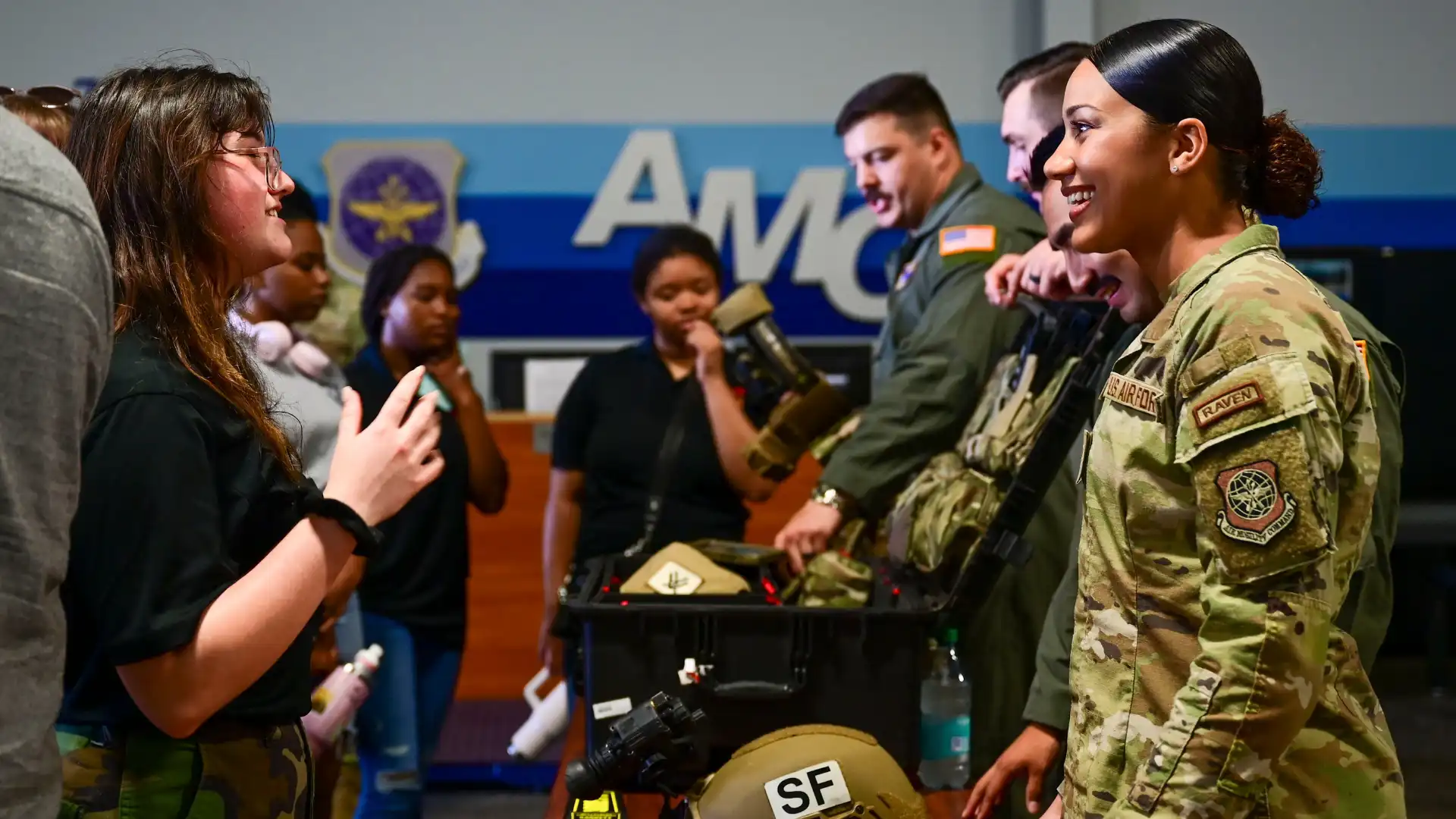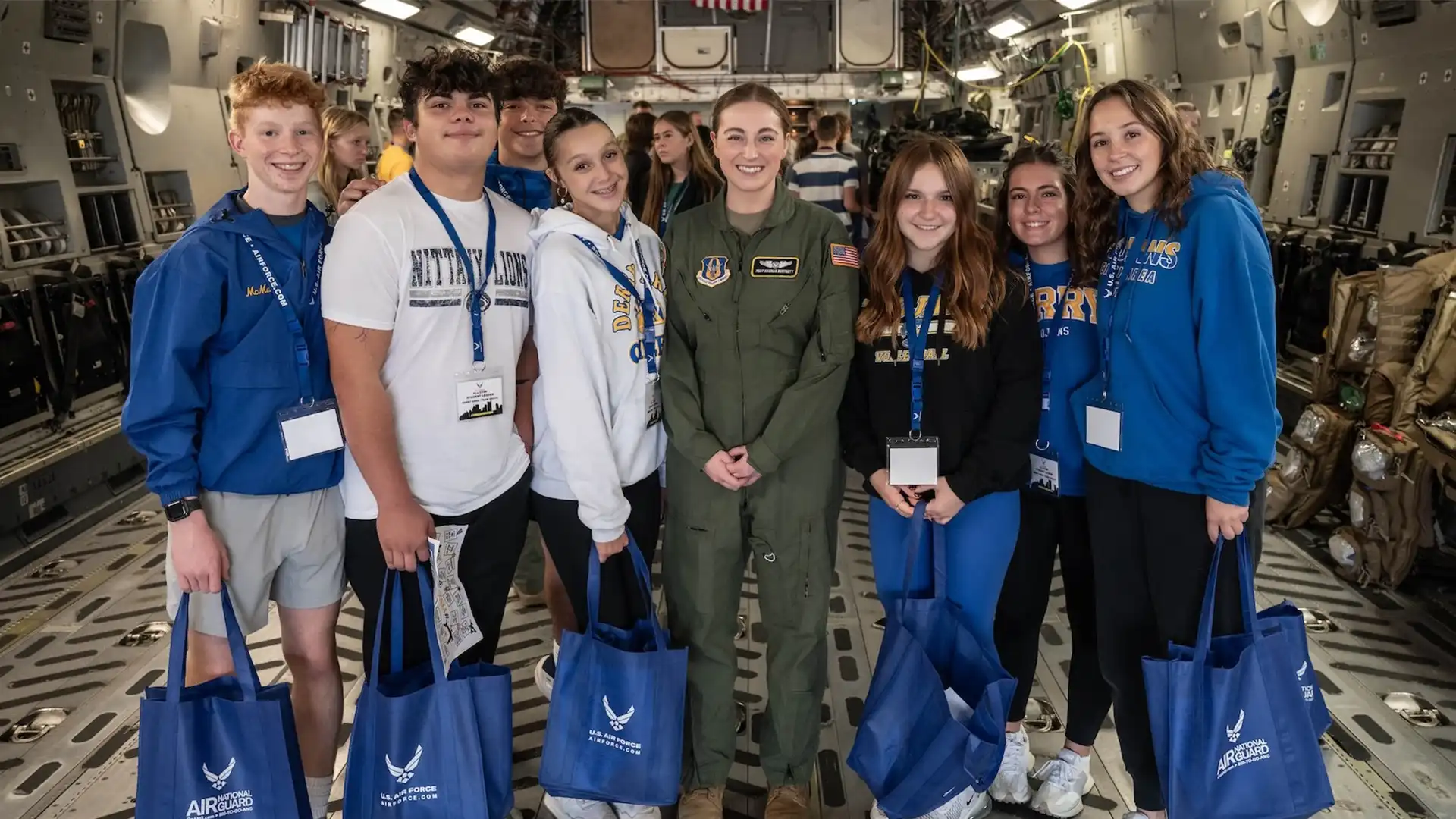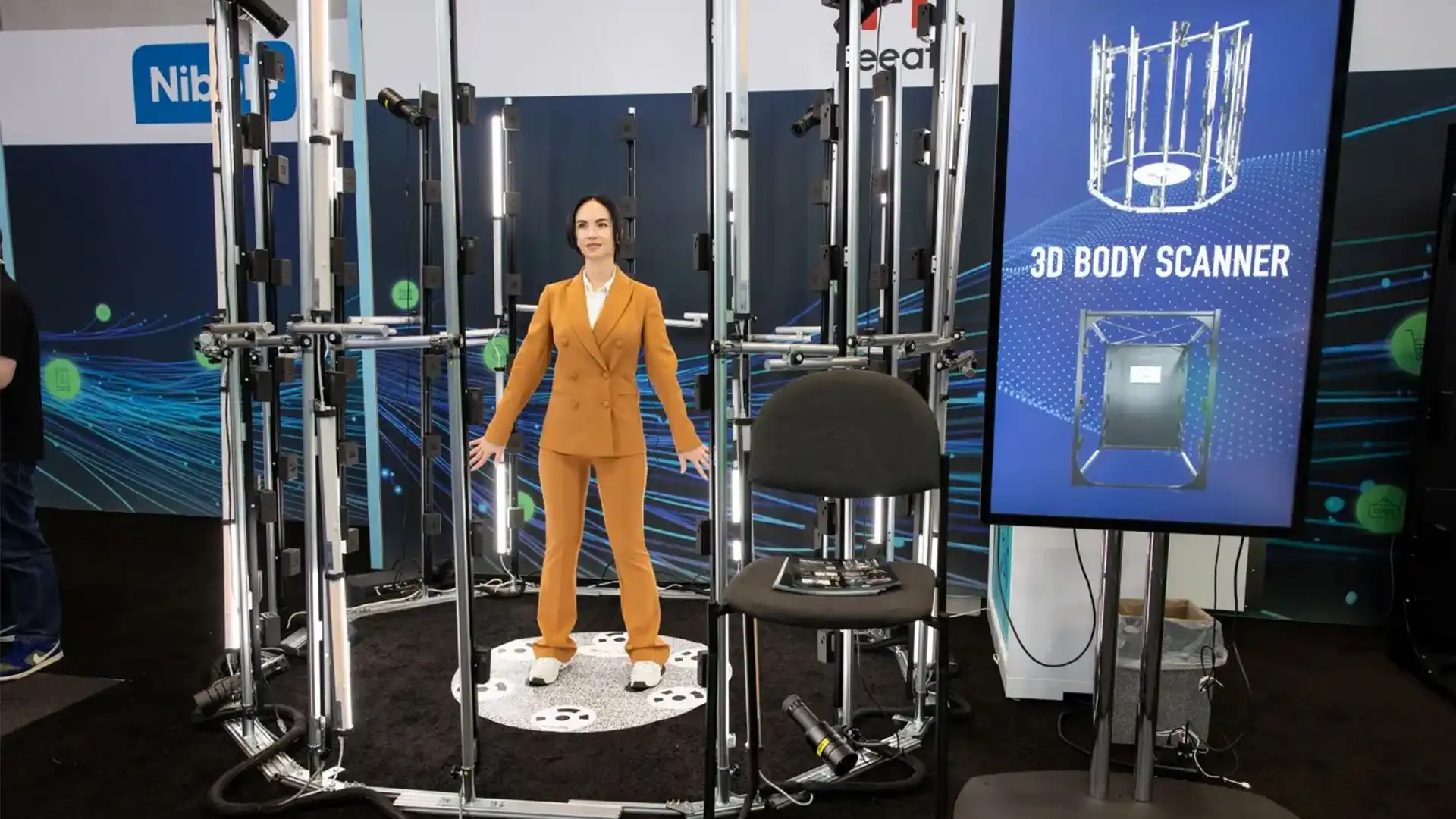Part branding, part entertainment, experiential marketing is finding its way into the marketing plans of more and more top brands. Read on to find out exactly what this type of marketing is, why brands love it and how to make it part of your future marketing career.
What is experiential marketing?
Experiential marketing is a type of marketing that uses live experiences to form a deeper connection between brands and their target market. Brands that use experiential marketing aim to create a memorable, emotional experience with their consumers to help create greater awareness, purchase behavior and loyalty.
Why are brands interested in experiential marketing?
With experiential marketing, consumers are a key part of the experience, giving brands a way to deliver marketing messages – and sometimes even products – directly to them. This is a big difference from more traditional marketing approaches like advertising, which has little consumer involvement. Experiential marketing creates an experience that helps a brand’s message “stick” – something more critical than ever as more advertising “noise” surrounds consumers. (Some experts even estimate the average American is exposed to 4,000 to 10,000 advertisement messages a day!)
With that, it’s no surprise experiential marketing is yielding results for marketers:
- 85% of consumers say they are likely to purchase from a brand after participating in an event or experience.
- 91% of consumers have more positive feelings about brands after attending events and experiences! (EventMarketer)
What does experiential marketing look like?
Experiential marketing can take on many forms, from events and pop-up shops to interactive advertisements, in-store events and more.
Here are some of our favorite examples of experiential marketing:
Ikea: Knowing that their consumers want to try before they buy, IKEA UK designed an experiential marketing campaign that allowed 100 lucky contest winners to spend the night in an IKEA store. Participants were able to customize their in-store sleeping experience by selecting their mattress and bedding under the guidance of an on-site sleep expert. This immersive experience generated plenty of positive buzz for IKEA and created hands-on engagement with their products.
Gatorade: With a brand positioned to inspire the elite athlete in all of us, Gatorade took that positioning a step further in 2017 with an experiential Gatorade Combine experience at SXSW. Gatorade partnered with Xbox Kinect to create a combine (often used to evaluate potential pro athletes) that tested consumers’ reflexes, flexibility and more. The brand provided participants with their stats as a takeaway from the experience, adding even more value long after the event was over.
Netflix + Gilmore Girls: Experiential marketing isn’t just for brands that sell physical goods. Brands that know entertainment, like Netflix, have found experiential marketing to be a great way to drive more buzz for some of our favorite shows. To drive awareness for its Gilmore Girls sequel, Netflix created 200 experiential pop-up cafes around the country that were exact replicas of the show’s “Luke’s Diner.” Offering free coffee to fans, this share-worthy experience created a significant amount of online engagement, stirring up plenty of buzz for the show’s premiere.
What do careers in experiential marketing look like?
“The best marketing doesn't feel like marketing.”
-Tom Fishburne, Founder & CEO, Marketoonist
Almost any brand or industry can use experiential marketing, making the opportunity to incorporate experiential marketing into your future career virtually limitless. For corporate and brand marketers, experiential marketing is often part of a larger, more holistic marketing campaign that they manage. Because of the intense planning, coordination and execution that experiential marketing requires, many brands partner with agencies that specialize in the area to bring these campaigns to life. Marketers that work for these agencies develop and execute experiential marketing strategies for multiple brands every single year, allowing them to become experts in the field and gain exposure to various industries and brands.














